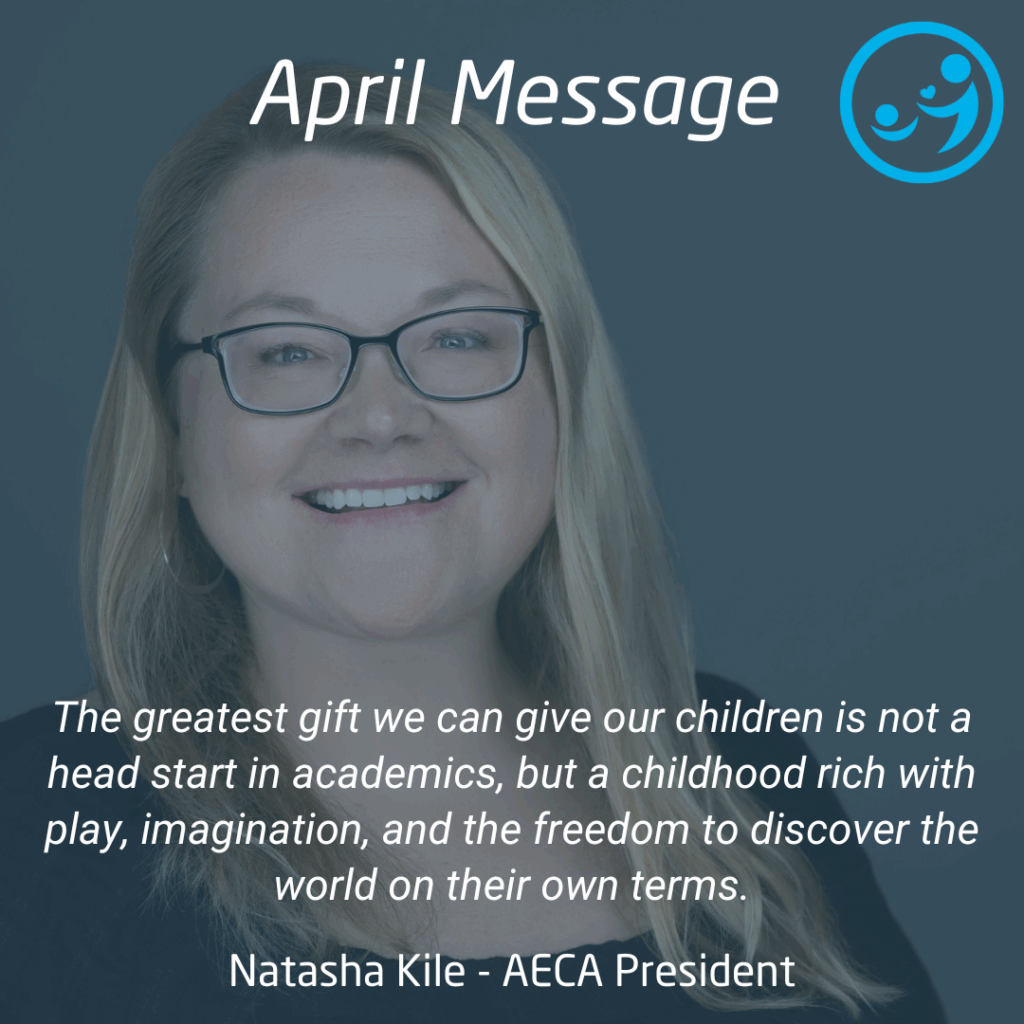
Let Them Play: Why Childhood is Not a Race to Academic Achievement
In the high-stakes world of modern parenting and early education, we’ve lost sight of a fundamental truth: play is not a luxury for children, but a critical pathway to learning, development, and future success. The growing trend of pushing academics onto younger and younger children is not just misguided—it’s potentially harmful.
Children are not small adults waiting to be programmed with information. They are complex, curious beings who learn best through exploration, imagination, and unstructured play. When we replace blocks, dramatic play, and outside time with worksheets, flashcards, and structured academic lessons, we rob children of their most natural and powerful learning mechanism.
Developmental research overwhelmingly supports the vital role of play in early childhood. Through play, children develop crucial cognitive, social, and emotional skills that form the foundation of future learning. When a child builds a tower with blocks, they’re not just stacking pieces—they’re learning about physics, balance, spatial reasoning, and problem-solving. When they engage in imaginative play, they’re developing language skills, emotional intelligence, and the ability to understand different perspectives.
Neuroscience has shown that play activates the brain’s prefrontal cortex, the area responsible for executive functions like critical thinking, self-regulation, and complex problem-solving. These skills are far more predictive of future academic and life success than early reading or math achievements. The push for early academics comes with significant drawbacks. Children subjected to excessive structured learning at young ages often experience increased stress, decreased creativity, and diminished intrinsic motivation to learn. They may develop anxiety about learning, seeing it as a performance rather than a joyful exploration of the world.
Social-emotional development, which is crucial during early childhood, suffers when play is marginalized. Children learn empathy, cooperation, negotiation, and conflict resolution through unstructured play with peers. These skills are infinitely more valuable than being able to read a year earlier than their classmates.
It’s time to reclaim childhood as a time of wonder, exploration, and natural learning. Educators should:
– Protect and prioritize unstructured play time
– Create environments that encourage exploration and imagination
– Understand that play is the work of childhood
– Resist the pressure to turn young children into premature academic performers
– Recognize that learning happens through joy, curiosity, and natural discovery
We are not raising test-takers or resume-builders. We are nurturing future innovators, thinkers, and compassionate human beings. Play is not a distraction from learning—it is learning in its most pure, powerful form.
Let children play. Let them explore. Let them be children. Their future success depends not on how early they can read or calculate, but on their ability to think creatively, adapt to challenges, and approach the world with curiosity and resilience.
The greatest gift we can give our children is not a head start in academics, but a childhood rich with play, imagination, and the freedom to discover the world on their own terms.
I would love to hear how you plan to advocate and spread the word! Connect with me at president@arkansasearlychildhood.org
Natasha Kile
President of AECA

Recent Comments